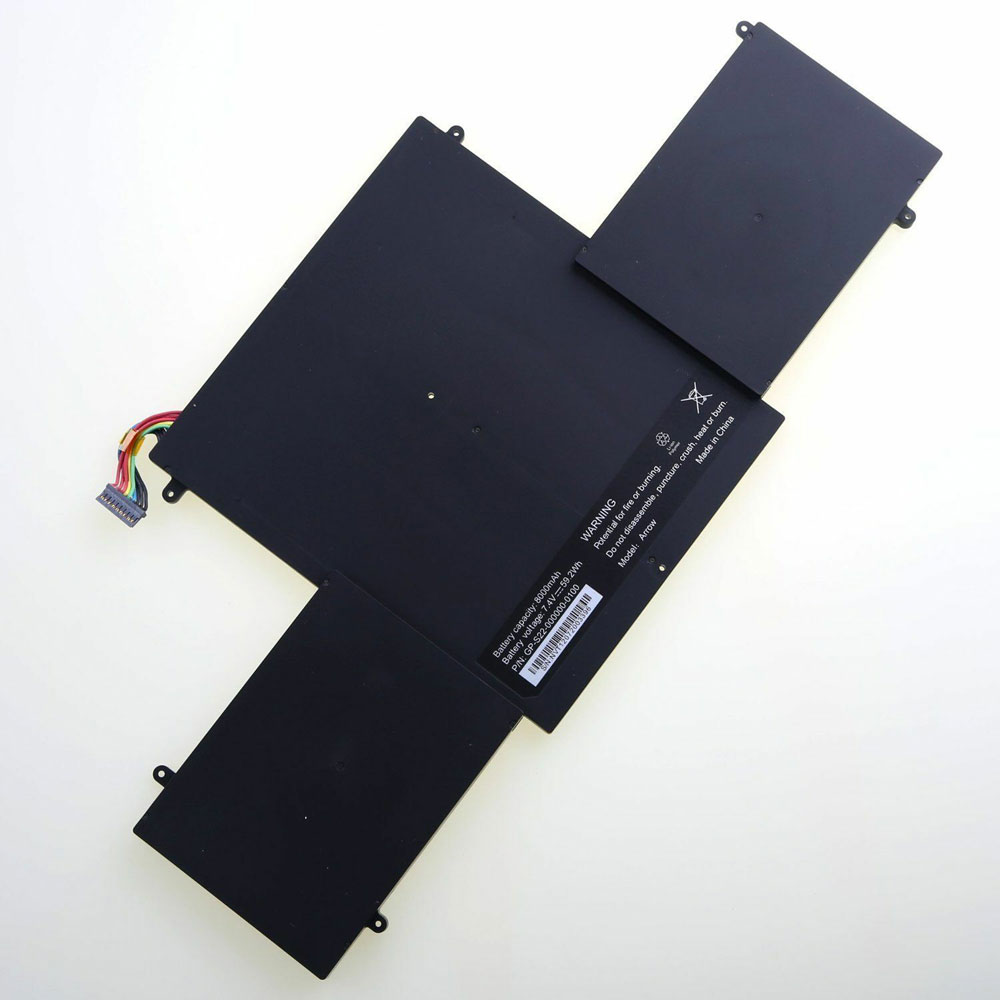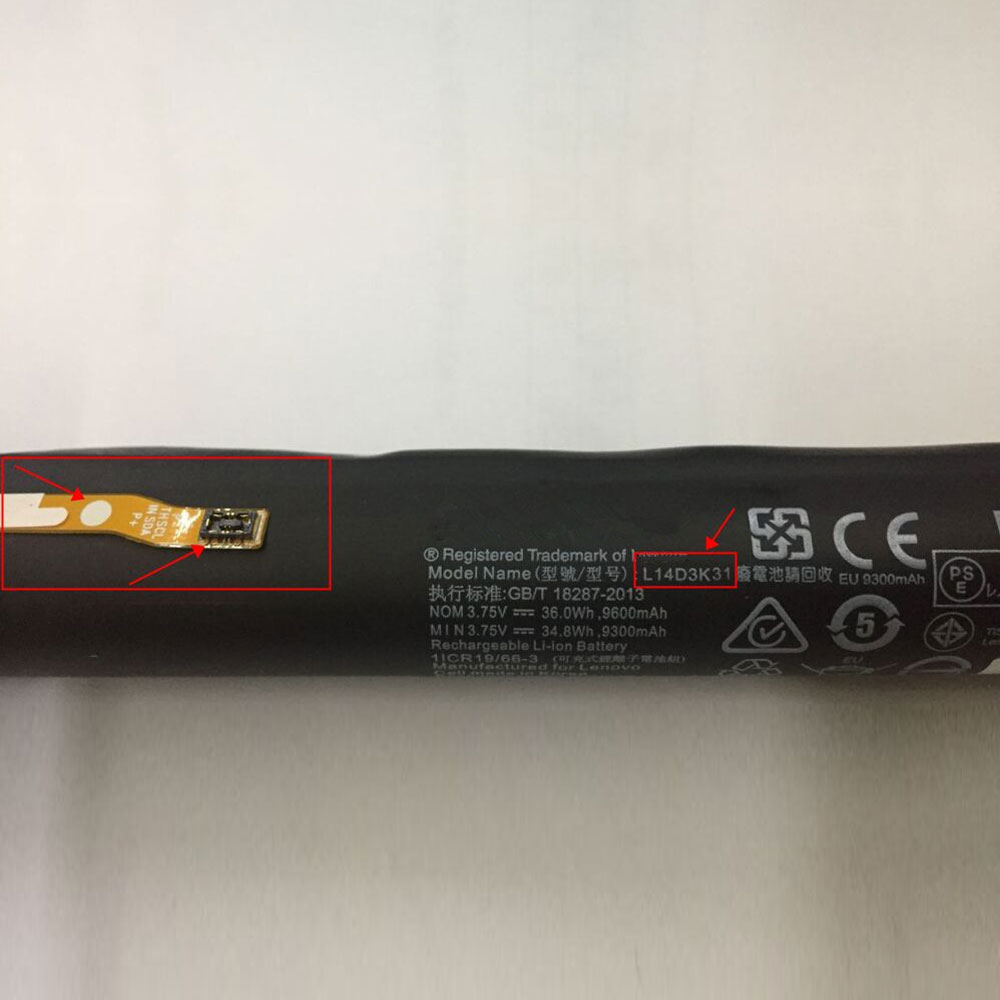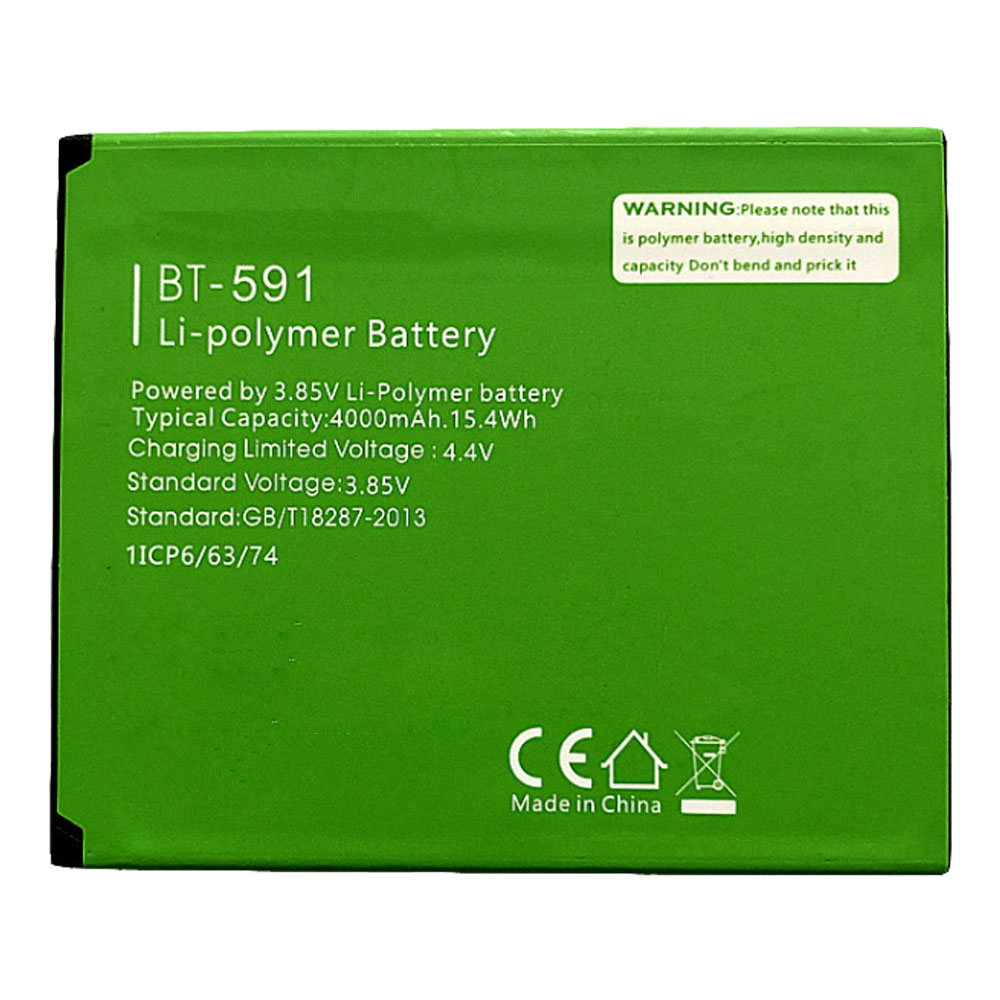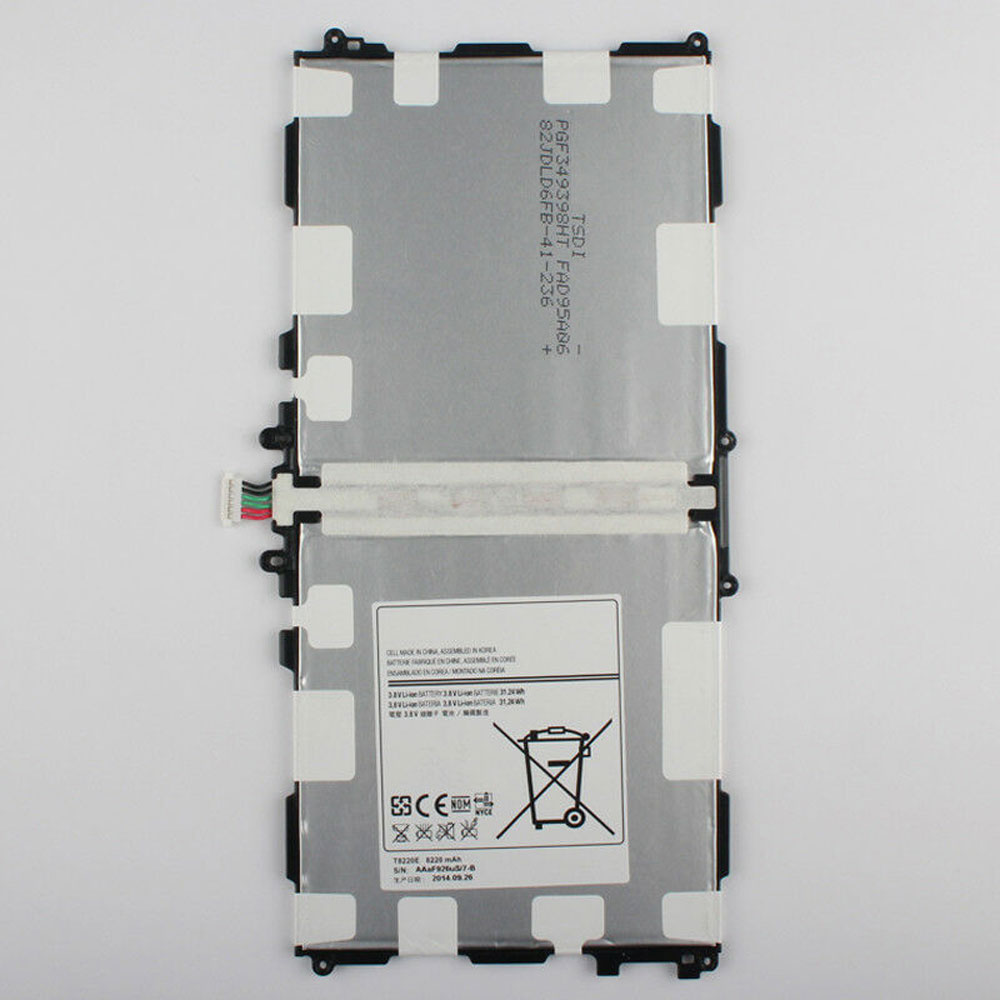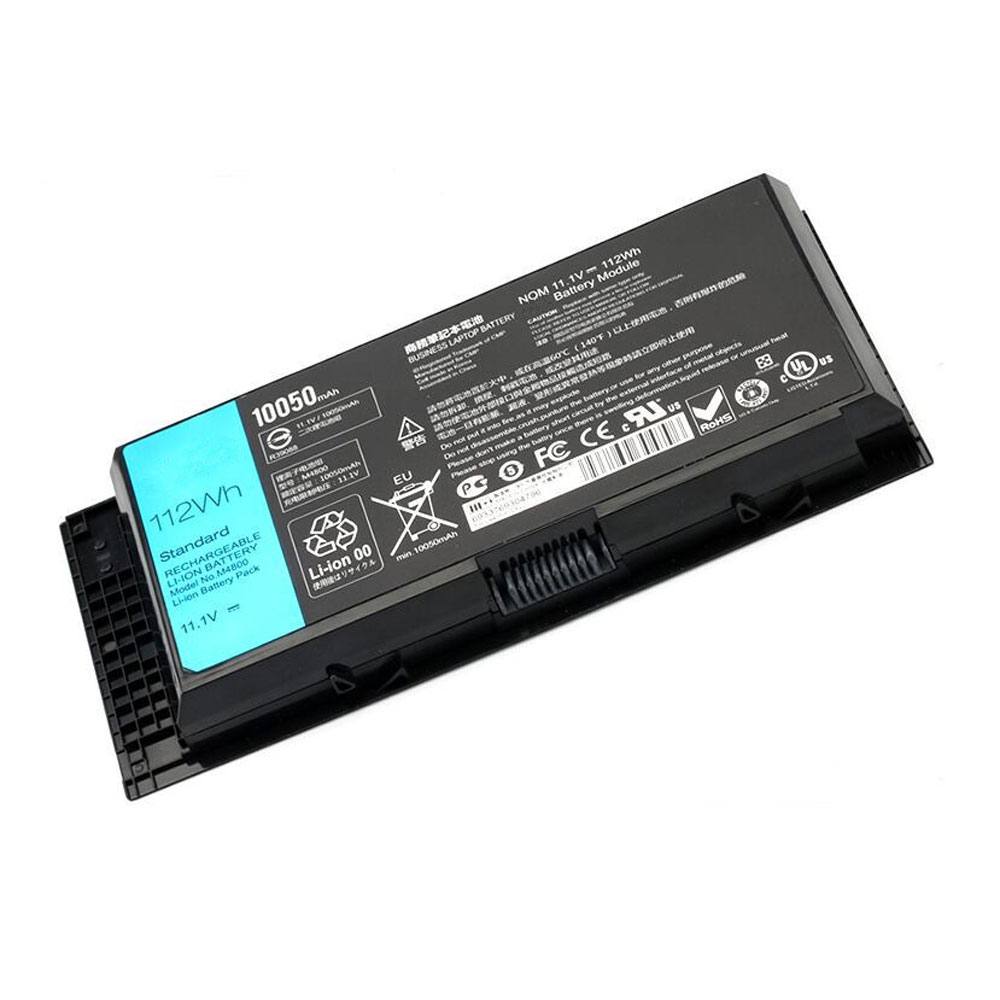Huawei has relied on the Google-developed Android operating system to power its popular range of smartphones.
Google has dealt a major blow to Chinese telecommunications giant Huawei by blocking the firm from using critical apps and services like Gmail and YouTube on its range of smartphones, according to reports.
Just like other major smartphone makers including Samsung and LG, Huawei relies on the Google-developed Android operating system to power its mobile devices.
But, amid a US crackdown on Chinese technology companies due to ongoing security concerns, Reuters and The Verge report that Google has suspended business with Huawei and in doing so hugely undermined its lineup of handsets, which are among the most critically-acclaimed and best-selling on the market.
Existing products will no longer receive Android updates, which bring new features and security improvements, and future releases will lose access to the vital Google Play Store, through which users download new apps.
Huawei will instead be restricted to using a public version of the operating system called Android Open Source Project, which does not include standard Google apps like Gmail, Google Maps, Google Photos and YouTube.
Although Huawei smartphones are banned from the US, enormous sales figures in China and impressive growth in parts of Europe has seen the company overtake iPhone maker Apple in terms of market share.
The Verge reported earlier this month that Huawei was now only behind Samsung when it comes to global smartphone sales, with 59.1 million shipments in the first quarter of 2019.
But the intervention from Google could cripple hopes of further expansion.
While a custom Huawei-built operating system would cause little issue in its home market, where most Google apps are banned anyway, it would likely be rejected by Western customers.
Google apps and services are a critical part of Android devices, and Huawei owners in Europe and the UK may now be forced to seek alternatives to what the Chinese company has to offer.
Huawei has not commented on the reports, but has continued to insist that its products pose no security threat.
Last week, its UK executive vice president Jeremy Thompson told Sky Newsit is willing to go the “extra mile” to reassure countries its technology is safe.
His comments came after Prime Minister Theresa May came in for criticism over a National Security Council decision to back the use of Huawei technology in “non-core” 5G network infrastructure in the UK.
That was despite a warning from the National Cyber Security Centre and the US government that the company could not be trusted.
Donald Trump has declared a “national emergency” over the perceived threat posed by Chinese companies and imposed severe sanctions on Huawei, with US companies barred from using telecommunications equipment made by firms deemed to pose a national security risk.
The US commerce department has also added Huawei and 70 affiliated companies to a blacklist banning it from acquiring components and technology from US firms without government approval.
Google has not responded directly to the reports, but said it was “complying with the order” issued by the US president and was “reviewing the implications”.


